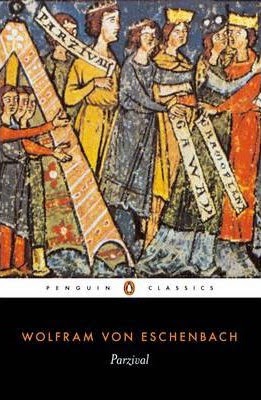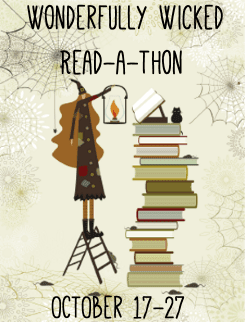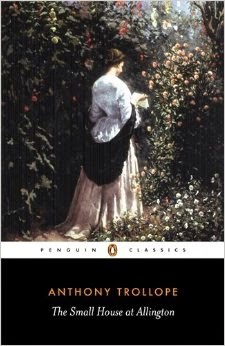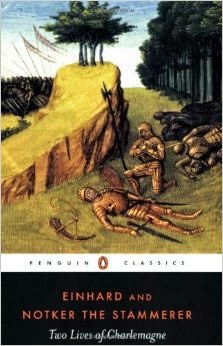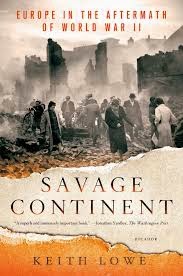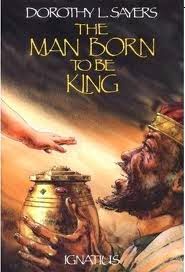R. I. P. IX
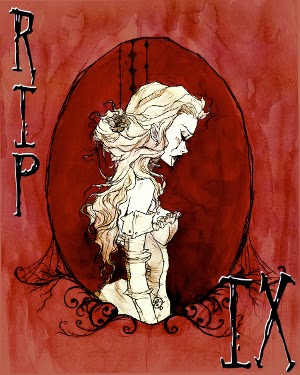
For a few years now I've seen bloggy friends participate in--and wax enthusiastic about--the R.eaders I.mbibing P.eril event , but I've never done it myself. I think this is the year. I love reading spooky books in the fall anyway. So here are the rules: 1. Have fun reading (and watching). 2. Share that fun with others. As I do each and every year, there are multiple levels of participation ( Perils ) that allow you to be a part of R.eaders I.mbibing P.eril without adding the burden of another commitment to your already busy lives. There is even a one book only option for those who feel that this sort of reading is not their cup of tea (or who have too many other commitments) but want to participate all the same. R.I.P. IX officially runs from September 1st through October 31st. But lets go ahead and break the rules. Lets start today!!! Multiple perils await you. You can participate in just one, or participate in them all. I am going to sign up for...

